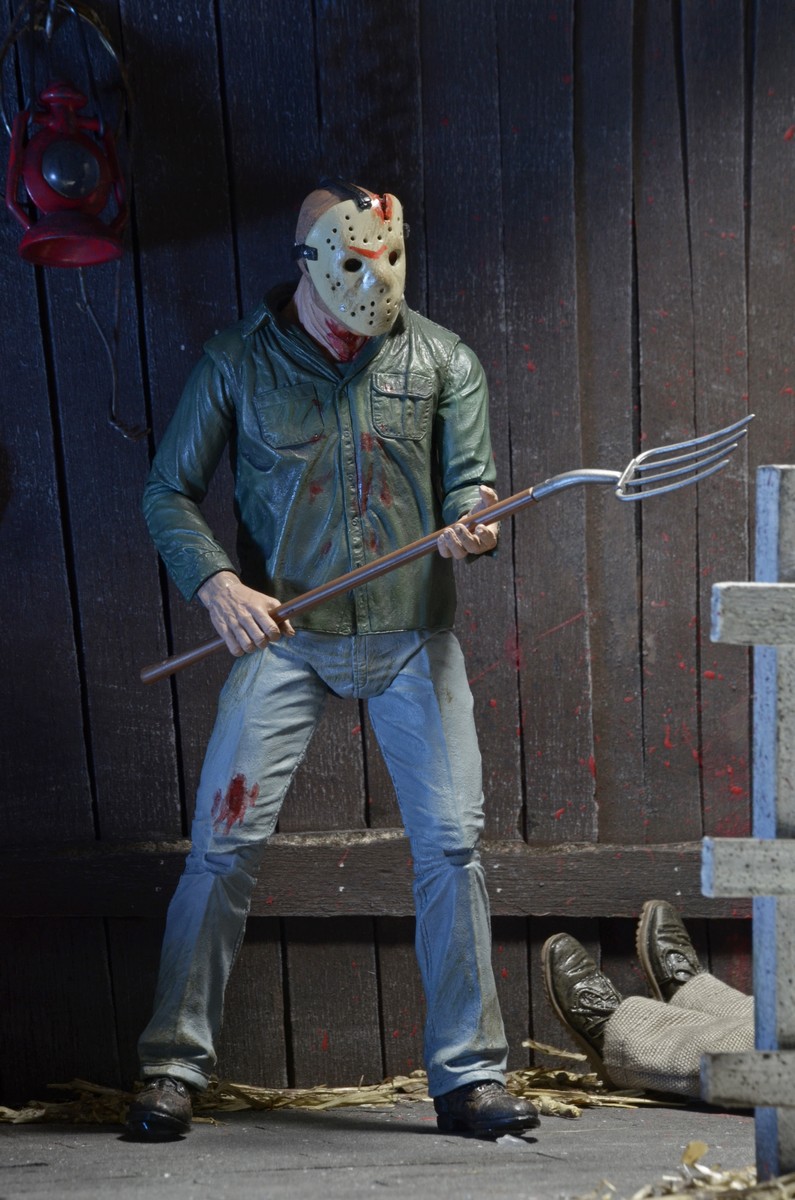



For our first meeting, MBS summoned us to a remote palace by the Red Sea, his family’s COVID bunker. But even at its most affable, absolute monarchy cannot escape weirdness. In our meetings, the crown prince was charming, warm, informal, and intelligent. But the crown prince still wants to convince the world that he is saving his country, not holding it hostage-which is why he met twice in recent months with me and the editor in chief of this magazine, Jeffrey Goldberg. Khalid al-Jabri, the exiled son of one of MBS’s most prominent critics, warned me that worse was yet to come: “When he’s King Mohammed, Crown Prince MBS is going to be remembered as an angel.”įor about two years, MBS hid from public view, as if hoping the Khashoggi murder would be forgotten. Some fear that if he keeps getting his way, the modernized Saudi Arabia will oppress in ways the old Saudi Arabia never imagined.

MBS’s critics-not regicidal zealots or al‑Qaeda sympathizers, just ordinary people with independent thoughts about his reforms-have gone into exile. But even the most oppressive of MBS’s predecessors, his uncle King Faisal, never presided over an atmosphere like that of the present day, when it is widely believed that you place yourself in danger if you criticize the ruler or pay even a mild compliment to his enemies.
Fownlosd Aovel abdullah part 3 free#
Saudi Arabia has never been a free country. He has also created a climate of fear unprecedented in Saudi history. He has curtailed the role of reactionary clergy and all but abolished the religious police. He has allowed women to drive and to dress as freely as they can in dens of sin like Dubai and Bahrain. The crown prince has legalized cinemas and concerts, and invited notably raw hip-hop artists to perform. It is now open to visitors and investment, and lets its citizens partake in ordinary acts of recreation and even certain vices. In 2016, he unveiled a plan, known as Vision 2030, to convert Saudi Arabia from-allow me to be blunt-one of the world’s weirdest countries into a place that could plausibly be called normal. I’ve been traveling to Saudi Arabia over the past three years, trying to understand if the crown prince is a killer, a reformer, or both-and if both, whether he can be one without the other.Įven MBS’s critics concede that he has roused the country from an economic and social slumber. He will also be the leader of one of America’s closest allies and the source of many of its headaches. His father’s eventual death will leave him as the absolute monarch of the birthplace of Islam and the owner of the world’s largest accessible oil reserves. “If there are people in Washington who think he will not be, then I cannot help them. “Ask any Saudi, anyone at all, whether MBS will be king,” a senior Saudi diplomat told me. Many in Washington and other Western capitals hope his rise to the throne might still be averted.īut within the kingdom, MBS’s succession is understood as inevitable. Among those who share a dark appraisal of MBS is President Joe Biden, who has so far refused to speak with him. The Khashoggi murder fixed a view of the crown prince as brutish, thin-skinned, and psychopathic. In 2017, he rounded up hundreds of members of his own family and other wealthy Saudis and imprisoned them in Riyadh’s Ritz-Carlton hotel on informal charges of corruption. MBS had already developed a reputation for ruthlessness. Check out more from this issue and find your next story to read.


 0 kommentar(er)
0 kommentar(er)
